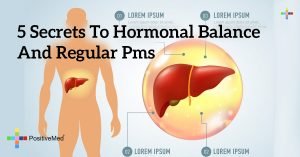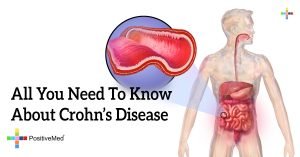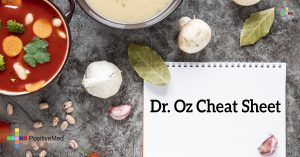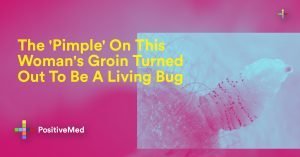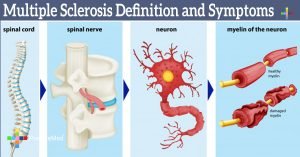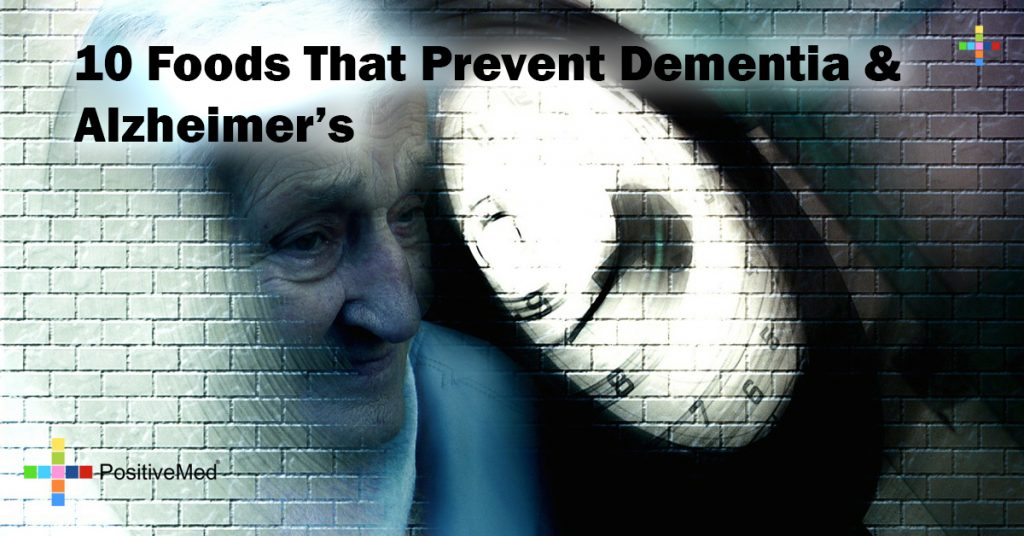
When I was 14 years old, my grandfather died of Alzheimer’s disease. I remember the years leading up to his death and how quickly his mind wore away.
I’d accompany my father to the hospital and be shocked to watch my grandfather drinking imaginary tea from an imaginary teacup, talking to himself, and not recognizing his son at all.
I don’t have many memories from my childhood but these are definitely some of the worst.
I watch my 3-year-old whose memory is utterly fantastic, not clouded at all by all of the toxins and pollutants that have begun to fog my own brain. And as I watch her, I cannot imagine not knowing who she is 30 or 40 years from now.
Alzheimer’s and dementia are some of the scariest and most emotionally-triggering degenerative diseases. But they are easier to prevent than previously thought.
If you have a family history of one of these diseases or are worried about what they may do to you as you age, one of the first things you can do is modify your diet.
Here are 10 foods you should add into your diet that can help improve your mind:
1. Leafy greens
. Some ideas: kale, spinach, collard, and mustard greens. These foods are high in folate and B9, which improve cognition and reduce depression.

2. Cruciferous vegetables
. Broccoli, cauliflower, bok choy, brussels sprouts, and kale contain folate and have carotenoids that lower homocysteine (an amino acid linked with cognitive impairment).

3. Beans and legumes
. These foods contain more folate, iron, magnesium, and potassium that can help with general body function and neuron firing. They also contain choline, a B vitamin that boosts acetylcholine (a neurotransmitter critical for brain function).

4. Whole grains
. Good bets include quinoa, kammut and gluten-free oats (not bread and cereal)

5. Berries and cherries
. These fruits contain anthocyanin that protects the brain from further damage caused by free radicals. They also have anti-inflammatory properties and contain antioxidants and lots of vitamin C and E.

6. Pumpkin, squash, asparagus, tomatoes, carrots, and beets
. These vegetables, if not overcooked, contain vitamin A, folate and iron that help with cognition.

7. Omega 3s
. People whose diets contain daily omega 3s have been shown to have 26% less risk of having brain lesions that cause dementia compared with those who do not. These fatty acids help the brain to stay in top shape. You can get your omega fatty acids from fish, flax seeds, olive oil (not safflower) or by taking a good quality omega 3 supplement.

8. Almonds, cashews, walnuts, hazelnuts, peanuts, and pecans
. All of these nuts contain omega-3s and omega-6s, vitamin E, folate, vitamin B6 and magnesium.

9. Sunflower seeds and pumpkin seeds
. These seeds contain zinc, choline and vitamin E.

10. Cinnamon, sage, turmeric and cumin
. These spices can all help to break up brain plaque and reduce inflammation of the brain which can cause memory issues. In addition to eating the foods listed above, you’ll want to decrease the risk of illnesses that can make your brain age such as obesity, heart disease, diabetes, and hypertension.

Other things to avoid are the toxins in your food, water, soil and environment, unnecessary stress, caffeine, sugar, drugs, alcohol, and sugar.
Encourage healthy decisions, conscientiousness, positive peer groups, a clean environment, exercise, maintaining a healthy weight, 8 hours of sleep, stress management and gratitude.
 Hayley Hobson is an author, speaker, business coach, yogi, Pilates and holistic nutritional expert based in Boulder, CO. Hayley creates lifestyle transformations by coaching her clients to strengthen, nourish and evolve through the cycles and shifts in life. Combining cutting edge understanding in all three disciplines due to years of anatomical study and dietary theory, Hayley’s approach leverages their blended benefits and results. Her unique and intelligent style promotes strengthening while softening–empowering her client’s to heal not only their physical bodies, but their hearts and minds as well. Hayley studied at the Institute for Integrative Nutrition, continues her studies with David Wolfe, raw food expert and is an essential oil expert in her own right. She is a doTERRA Certified Pure Essential Oil Diamond Director and a Pangea Beauty Ecologist. Her insights and articles can also be found on her blog, Elephant Journal and Islaorganics. She has also been featured in Pilates Style magazine, Natural Health magazine and Triathlete Magazine. She has fun running and playing in the mountains with her husband, former world-ranked triathlete, Wes Hobson and their two beautiful daughters, Makenna and Madeline . To learn more about her nutritional courses, events she’s hosting and custom programs go to hayleyhobson.com or follow her on Facebook or Twitter or Pinterest.
Hayley Hobson is an author, speaker, business coach, yogi, Pilates and holistic nutritional expert based in Boulder, CO. Hayley creates lifestyle transformations by coaching her clients to strengthen, nourish and evolve through the cycles and shifts in life. Combining cutting edge understanding in all three disciplines due to years of anatomical study and dietary theory, Hayley’s approach leverages their blended benefits and results. Her unique and intelligent style promotes strengthening while softening–empowering her client’s to heal not only their physical bodies, but their hearts and minds as well. Hayley studied at the Institute for Integrative Nutrition, continues her studies with David Wolfe, raw food expert and is an essential oil expert in her own right. She is a doTERRA Certified Pure Essential Oil Diamond Director and a Pangea Beauty Ecologist. Her insights and articles can also be found on her blog, Elephant Journal and Islaorganics. She has also been featured in Pilates Style magazine, Natural Health magazine and Triathlete Magazine. She has fun running and playing in the mountains with her husband, former world-ranked triathlete, Wes Hobson and their two beautiful daughters, Makenna and Madeline . To learn more about her nutritional courses, events she’s hosting and custom programs go to hayleyhobson.com or follow her on Facebook or Twitter or Pinterest.